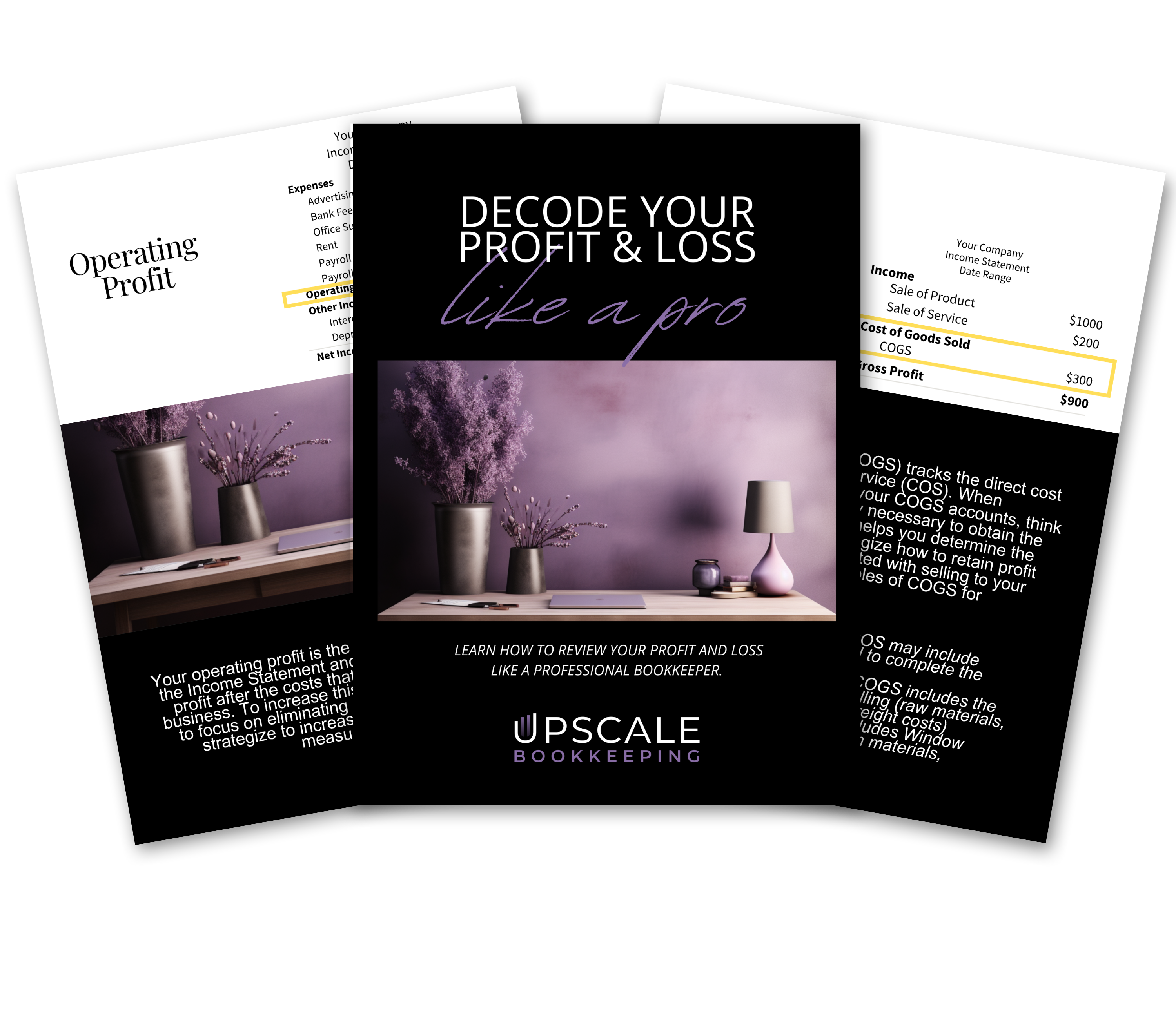Sales Tax for Online Sellers
Sales Tax for Online Sellers
I can confidently say that Sales Tax is the most challenging obligation that E-Commerce business owners deal with when it comes to recurring bookkeeping & accounting work. In the United States alone, there are more than 13,000 sales tax jurisdictions with rules that you are required to abide by. This blog is going to kickoff a blog series on the concept of Nexus, so that you understand the basics when it comes to the connection between a taxing jurisdiction and your business.

Know Your Nexus
You may or may not have heard of the term “Nexus” floating around on the interweb, but what exactly is it? Nexus is the connection between your business and activity in a state that requires your business to register, collect, and remit sales tax. There are five well-known types of Nexus, and each state has its own rules and definition of those types of nexus, sothe first step in understanding your sales tax obligation, is to first identify which states you have nexus in. Factors such as the location of your business, where your products are stored, and where your customers are located can impact your nexus. If you fear you may have unknowingly hit nexus in a state, we can complete a nexus analysis for you to help you determine if nexus has been hit, as well as what your current sales tax liability may be.
Understand Sales Tax Rates
Nexus is the easy part. You also need to understand sales tax rates, as they can vary significantly between states, counties, cities, and districts. Each state has different rules on the location a sale is made, determining that sales tax rate. This process can be complicated, as filing sales tax returns often require you to remit sales tax to the individual jurisdictions, so to make this process easy, we recommend using a sales tax software such as Avalara.
Keep Accurate Records
Accurate record-keeping is essential for sales tax compliance. The most common mistake that we see business owners make in their bookkeeping is combining their sales tax with their gross sales. Though this is fundamentally incorrect the impact on your sales tax filings varies between state to state. Some states consider this mistake and allow you to deduct the sales tax when included, and others do not. Either way, it is vital that you work with a professional bookkeeping firm to ensure that the books are clean and match your state returns.
Remit Sales Tax on Time
E-commerce businesses are required to remit sales tax on a regular basis, depending on the state’s rules. This can be monthly, quarterly, or annually. Each state has unique sales tax filing requirements and deadlines, so to avoid unwanted penalties and interest, it is important to stay on top of the rules for each individual state that you’re filing in. Sales tax software often alleviates this challenge.
Use Sales Tax Software
Now, I understand that we’ve brought sales tax software up numerous times already, but I feel that this last item is important and worthy of a repeat: USE SALES TAX SOFTWARE. It will make your life easier. Sales tax software, such as Avalara, automates your sales tracking process for you and ensures that you are remitting sales tax to the correct jurisdictions. States are aggressive when it comes to sales tax audits, so skip the mistakes and get your business set up from the beginning.
Are you interested in working with Upscale Bookkeeping? Use the link below to access our client interest form!







